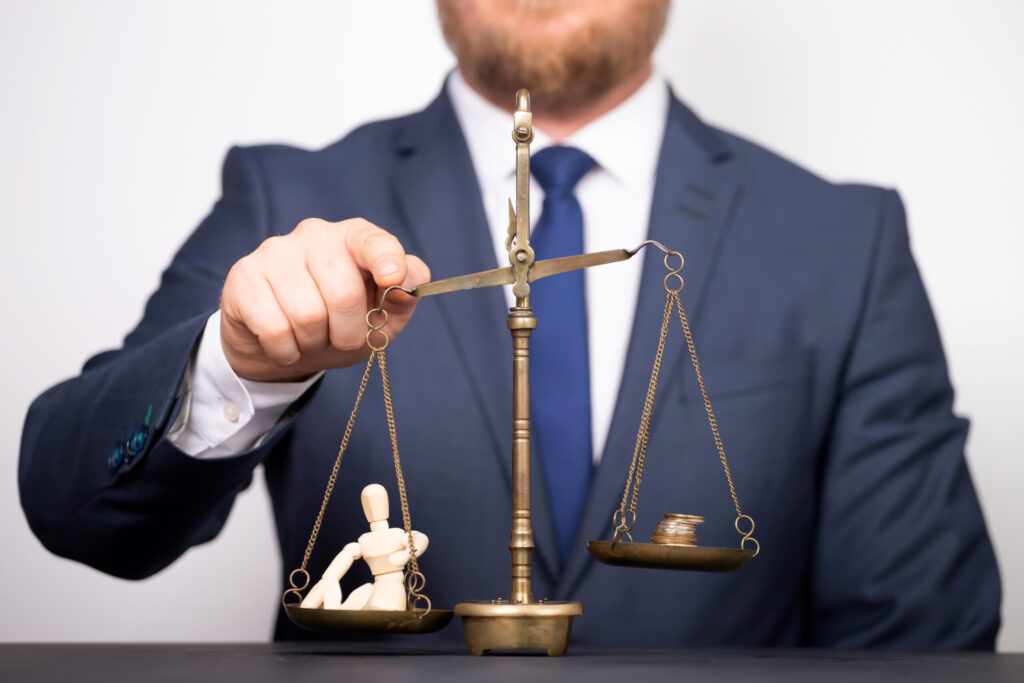What To Do When You’re Facing Criminal Charges
Dealing with criminal charges can be a daunting ordeal that comes with significant stress and uncertainty. Whether you’ve been charged with a minor offense or a serious crime, understanding the legal process and knowing the appropriate steps to take is crucial. Keep reading to learn about your rights, the importance of legal representation, and effective strategies to handle your case.
The Importance of Legal Representation in Criminal Cases

Securing legal representation is non-negotiable when dealing with criminal charges. A knowledgeable attorney can provide invaluable guidance and support, ensuring your rights are safeguarded at every step. Lawyers are adept at analyzing the specifics of your case, identifying legal errors or violations that could lead to a dismissal, and building a strong defense on your behalf.
Attorneys in the criminal justice field have specialized knowledge in dealing with the complexity of laws and courtroom procedures. They work to devise strategies that can either lessen the severity of the charges or argue for acquittal. Moreover, attorneys are seasoned in negotiation skills, which can be essential when plea bargains are on the table — a common outcome in many criminal cases.
Choosing the right lawyer is a critical decision. Researching and consulting with a criminal defense lawyer in Las Vegas or your respective locale can provide clarity about your legal options. Your criminal defense lawyer will work to understand your case thoroughly and represent your interests with the competence and dedication needed to challenge the prosecution in the state of Nevada effectively.
Navigating the Criminal Justice System: Steps to Take

The criminal justice system can seem like a labyrinth of procedures and protocols, somehow detached from everyday life. Your journey begins with the initial arrest and booking process and continues through arraignments, hearings, and potentially a trial. Familiarizing yourself with these steps can prepare you for what lies ahead.
After arrest, the formal reading of charges during an arraignment will follow quickly. You’ll have the opportunity to enter a plea. It’s at this stage that having an attorney becomes essential, so they can offer counsel on which plea to enter based on the details of your case. Your attorney can also work to secure bail, allowing you to remain free while your case is pending.
Subsequent steps may involve preliminary hearings and pre-trial motions, where your attorney can challenge evidence or request its dismissal from the case. These stages are critical for shaping the trial’s landscape or reaching a resolution before the trial occurs. Staying informed and engaged with your attorney during these phases is imperative.
Strategies for Building a Strong Defense Against Criminal Charges
The prospect of building a defense against criminal charges can feel overwhelming. However, there are several strategic approaches that attorneys employ to shield their clients. One fundamental tactic is examining the evidence presented by the prosecution for weaknesses or inconsistencies. Another strategy is gathering exculpatory evidence that attests to your innocence or contradicts the prosecution’s case.
A thorough investigation often underpins a strong defense. This can include interviewing witnesses, gathering alibis, and employing forensic experts to challenge the prosecution’s narrative. Additionally, your attorney may scrutinize the arrest process and the evidence’s chain of custody for any potential violations of your constitutional rights, which could be pivotal for your defense.
In certain instances, defense strategies might involve negotiating plea deals, reducing charges, or pursuing alternative sentencing. These options, when strategically appropriate, can result in a more favorable outcome. It’s important to have transparent and regular communication with your lawyer to understand these alternatives and make well-informed decisions.
Managing Stress and Protecting Your Well-being During Criminal Proceedings
The toll that criminal charges can inflict on one’s mental health is significant. It’s essential to be proactive in managing stress and seeking support. Establishing a routine, staying physically active, and engaging in relaxation techniques like meditation can help mitigate stress levels. Additionally, lean on trusted friends, family members, or support groups who can offer emotional backing.
Maintaining open communication with your lawyer can also relieve stress. Being involved and informed about your case progress and your defense plan can provide a sense of control and preparedness. It’s also vital to attend all scheduled hearings and stay compliant with court instructions, which can positively impact your emotional well-being and case outcome.
Overall, when facing criminal charges, the intersection of a solid legal strategy, a keen understanding of your rights, and robust mental health practices form the trilogy of a balanced approach toward a complex system. Navigating this challenging time with the guidance of experienced legal counsel and personal fortitude can lead to the most favorable outcomes both in and out of the courtroom.










